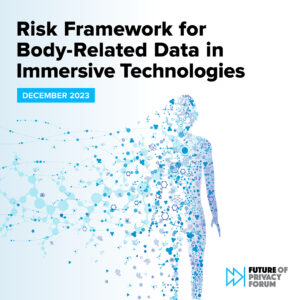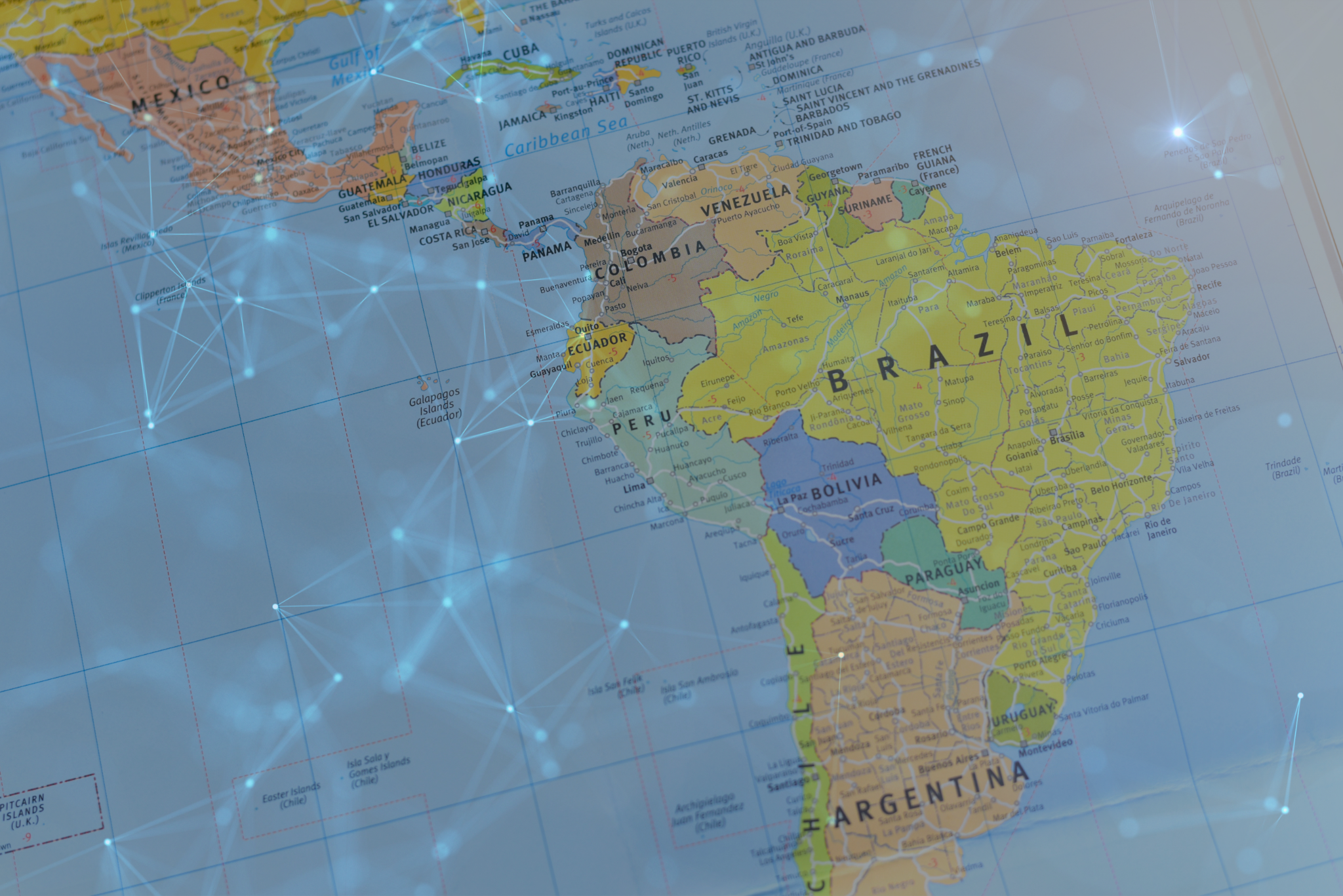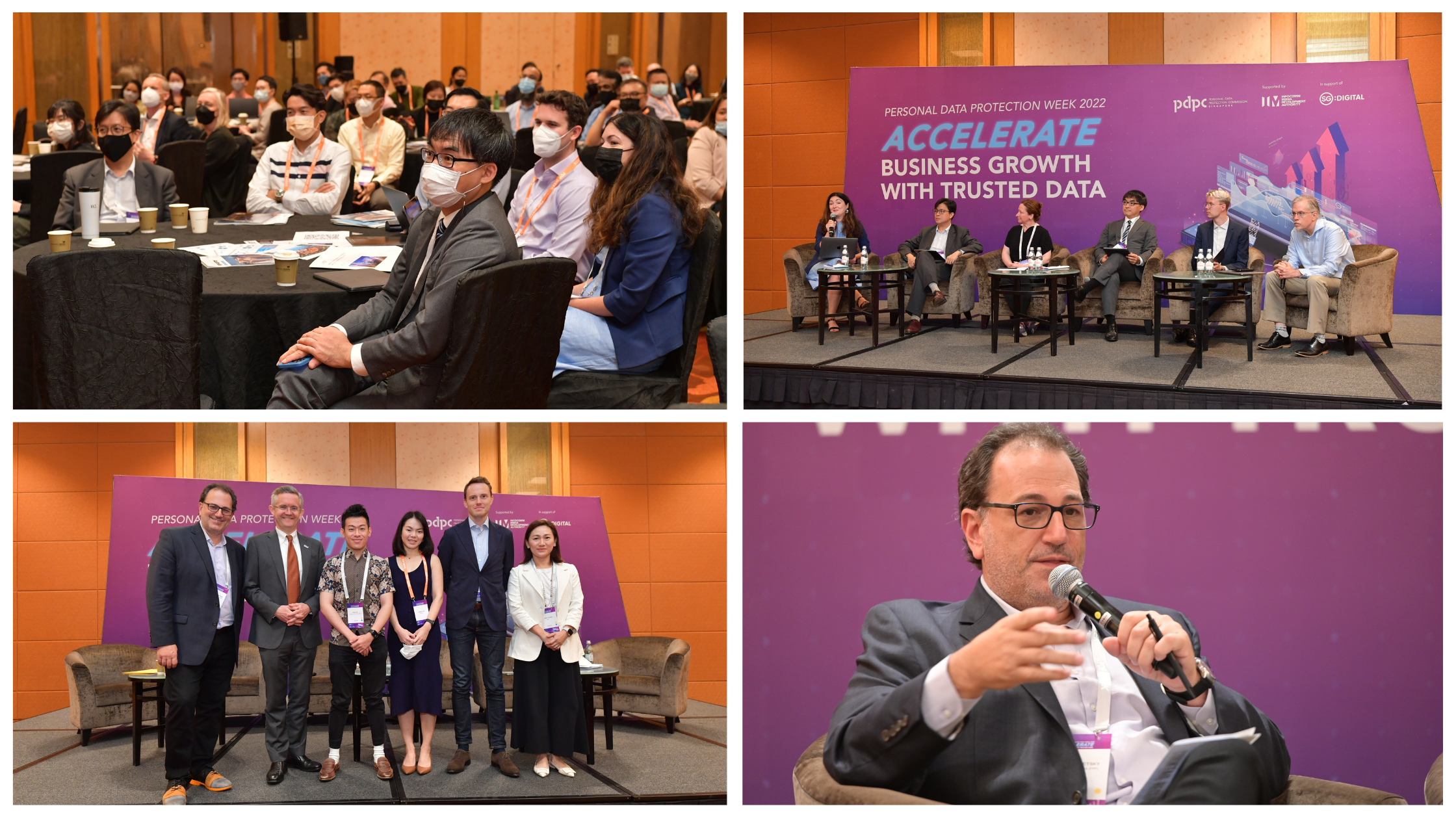Organizations are increasingly developing or deploying “immersive technologies,” a collection of hardware and software products that substitute, enhance, or alter users’ individual, physical-world experiences. These emerging technologies—which include tools like extended reality (XR), virtual worlds, and brain-computer interfaces (BCIs)—have the potential to transform healthcare, education, entertainment, advertising, and other sectors. However, because they often rely on large amounts and kinds of personal, potentially sensitive data, they also raise important privacy and data protection questions. Without safeguards, data about people’s bodies, behaviors, and surrounding environments could be inferred and used to manipulate, discriminate against, or otherwise harm both users and bystanders. FPF works with experts from industry, academia, and civil society to identify the unique privacy and data protection risks in this nascent field, analyze how existing and emerging regulations implicate immersive technologies, and develop best practices and policy recommendations.
Featured
Privacy and the Rise of “Neurorights” in Latin America
Authors: Beth Do, Maria Badillo, Randy Cantz, Jameson Spivack “Neurorights,” a set of proposed rights that specifically protect mental freedom and privacy, have captured the interest of many governments, scholars, and advocates. Nowhere is that more apparent than in Latin America, where several countries are actively seeking to enshrine these rights in law, and some […]
FPF and Singapore PDPC Event: “Data Sovereignty, Data Transfers and Data Protection – Impact on AI and Immersive Tech”
On July 21, the Future of Privacy Forum (FPF) and Singapore’s Personal Data Protection Commission (PDPC) co-hosted a workshop as part of Singapore’s Personal Data Protection Week, titled “Data Sovereignty, Data Transfers and Data Protection – Impact on AI and Immersive Tech” at Marina Bay Sands Expo and Convention Center in Singapore. The event focused […]






